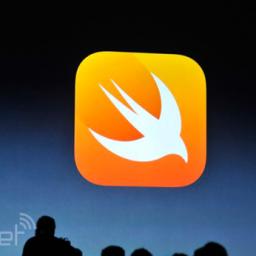Apple shifts from Objective C to Swift
 Apple announced a new programming language yesterday at its yearly developer conference. With improvements in speed and ease of development, the new language aims to replace Objective C, Apple's previous language of choice.
Apple announced a new programming language yesterday at its yearly developer conference. With improvements in speed and ease of development, the new language aims to replace Objective C, Apple's previous language of choice.As usual, software development in the new language is limited to the company's XCode programming IDE available for no cost in OS X.
This doesn't apply to google's languages. This *can* definitely apply to Swift, if they are ultra aggressive about keeping their compiler running on apple-operating systems only. If the API is fully published, and not subject to copyright (Oracle just needs to die), then only (deliberate) implementation quirks, breaks in compatibillity and feature creep can keep someone (especially google) from creating a perfectly fine, working compiler for android, linux, and windows. But if apple doens't delibrately sabotage their language, then that language can really only be good for us.
Finally, to address a side-issue here; ultimately I'm not sure community (especially if run like a standard's committee) development for languages is necessarily the best way to make a language. Sure it has advantages, but I have no problem with someone unilaterally deciding the features of a language as long as I don't have to use it.